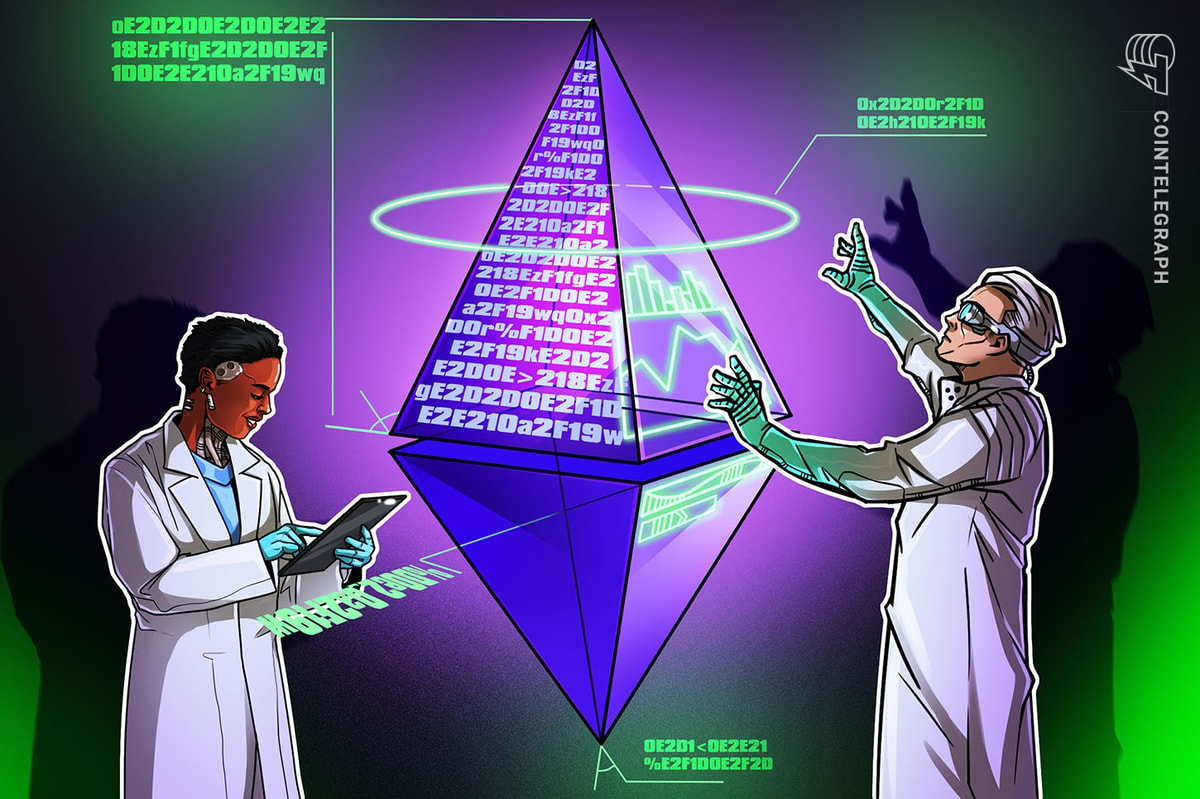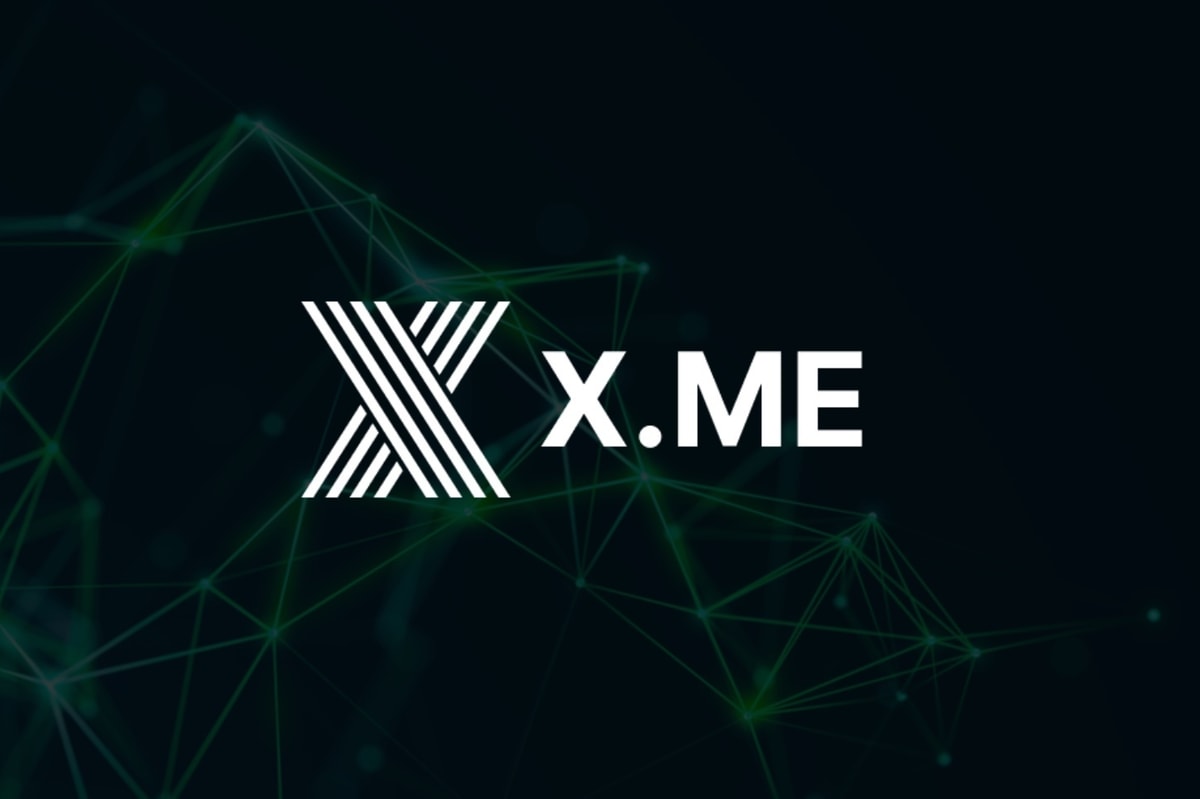Launching a new business in any industry is a challenge, but in a new space like crypto, the unknowns can be particularly daunting. There has been a lot of digital ink spilled about the industry in recent months, but with much of it geared toward insiders, newcomers may be feeling lost.
Top that with the scramble for talent that’s happening across industries, and jumping into crypto may seem impossible for someone who has enthusiasm, but lacks the tech expertise. Pinning down what’s keeping newcomers out, and working together on solutions, is a vital role for those already winning in the industry. Below, 11 members of Cointelegraph Innovation Circle share the barriers they’ve observed and potential solutions.
The need to carefully vet industry information
The crypto world is still new and is just becoming more accessible to the masses. However, the pathway can be treacherous. There is a lot of information available on the internet, but not all of it is correct; navigating through it can be like playing Whac-A-Mole, and many will lose hard-earned cash due to a lack of knowledge. Still, amassing the knowledge required to participate in the ecosystem is actually easier than in most other industries, as the leaps and bounds in innovation mean everyone gets to a level playing field really fast. The key is to stay on top of developments by not only following activities on Twitter and LinkedIn but also by questioning the veracity of what is sometimes put out just for grabbing the headlines. – Genevieve Leveille, AgriLedger
A lack of expert-produced educational resources
Education is the main barrier for everyone getting in. That’s why I focus on Bitcoin education and also why we focus on it at Swan Bitcoin. Creating and distributing content in different formats — including books (physical, electronic and audio formats), blog posts, articles, podcasts, webinars, videos, newsletters, and more — allows us to “meet each person where they are in their learning journey.” – Andy Edstrom, Swan Bitcoin
Limited availability of capital
The difficulty of accessing capital remains the single most troublesome obstacle for entrepreneurs in any sector. We can solve this by making systems based on principles of equitable sharing and inclusion at the protocol level. In a perfect world, that would emerge as a central bank protocol that shared a portion (or all) of newly created units of account (dollars, euros, etc.) with the citizens living in the region. Since it is unlikely that our current banking system will ever adopt such a measure, we can instead force them to compete with economic tools from the private sector that behave in much the same way. Imagine a viable Facebook or Google competitor that is not owned by a private organization but instead is powered by a decentralized autonomous organization. Since the DAO itself would have no need for revenue or profit, the value created by the platform could be shared directly with participants in the system. – Edward DeLeon, Anatha
The need for places to connect and grow
The biggest barrier for newcomers to the crypto space is user experience and education. The key to making crypto more accessible is to create communities where people can connect and grow together. At Islands, we want to give everyone an opportunity to start working and learning in Web3. This is why GM Academy, a Web3 learning community for people at all levels of expertise, is one of our initiatives. – Tiffany Zhong, Islands XYZ INC
Difficulty in choosing protocols
One common barrier to entry for entrepreneurs trying to break into crypto is the choice they must make of which protocols to first build their solutions on. Ironically, there is a perceived “vendor lock-in” when it comes to choosing infrastructure for your Web3 stack. Entrepreneurs should choose open-source Web3 technologies that are built on standards to lessen the risk of having to scrap their work and start all over. – Brian Platz, Fluree
The scarcity of qualified developers
A primary barrier is the difficulty of accessing high-quality blockchain developers. Most entrepreneurs need help with blockchain/crypto product development. It’s rare to find the right blockchain developers — those who can understand the vision and are available to work immediately — without spending a fortune. Increased access to the right blockchain developers will make the crypto world more accessible for entrepreneurs. – Chintan Thakkar, SoluLab Inc
The lack of regulatory guidance
In the United States, the lack of regulatory guidance is the number one barrier holding entrepreneurs back in the crypto space. It took us four years to navigate this situation as a good actor. Shining more light on this topic and providing more frameworks and guidance on how to maneuver is the number one initiative that could help further grow the crypto space. – Dan Novaes, EARNFT NETWORK
Not knowing the best uses for blockchain
One common barrier is a fundamental lack of understanding of both the reason the crypto world is so impactful and how the space can bring about broad value and utility beyond the trading of assets. Knowing when it’s appropriate to apply blockchain tech to a problem space and when it may not be is important — not everything benefits from a blockchain. Additionally, the understanding of the user experience of participating (including wallet security, maintenance, etc.) is still in its infancy, and this can result in a lot of friction. – Christopher Beltran, Beltran Advisors
Uncertainty on how to enter the market
One persistent barrier of entry for entrepreneurs is a lack of clarity on how they can safely enter these markets. Providing access to thought leadership on crypto’s move into mainstream industries can help entrepreneurs understand how it can benefit their businesses. As one of the first crypto exchanges to enter these markets, we look forward to sharing what we’ve learned and what we foresee as digital asset markets continue to mature. – Oleksandr Lutskevych, CEX.IO
Unclear guidance and background noise
There are two common barriers of entry for entrepreneurs entering the crypto world. The first is excessive and unclear regulations from governments, and the second is the noise from projects operating solely on hype. We can make crypto more accessible by improving communication and education in the fundamentals of the technology. – Joe Roets, Dragonchain
Personal lack of technical knowledge
Not understanding the technology itself is the major barrier to entry. On top of that, only a few people have hands-on experience with the technology. By producing very specific blockchain-focused content, we could overcome the barrier. – Akash Takyar, LeewayHertz
This article was published through Cointelegraph Innovation Circle, a vetted organization of senior executives and experts in the blockchain technology industry who are building the future through the power of connections, collaboration and thought leadership. Opinions expressed do not necessarily reflect those of Cointelegraph.
Learn more about Cointelegraph Innovation Circle and see if you qualify to join.










